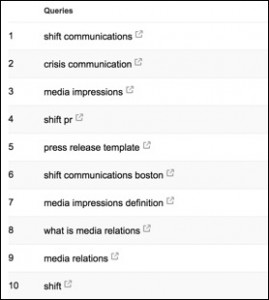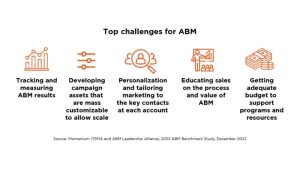My executive coaching activities have suddenly gained significant traction over the past year. I’m elated firstly because I enjoy making an impact and helping people and secondly because more and more executives are finally seeing coaching for what it truly is: An opportunity to get insights from someone who isn’t vested, other than in the best interest of the individual, to open minds, someone who holds up a mirror and pushes them beyond his/her comfort level.
I’m currently coaching more than five people with another 10 being added at the end of May. Some are part of a specific executive coaching assignment, others are part of a leadership development program. It’s fantastic to see that executives are not only starting to value coaching but that companies are recognizing that 1-on-1 coaching can have a significant impact on the development of an executive.
The response to coaching conversations have been very powerful with some having made drastic changes to the lives, ways of operating and performance of the executives. As an executive coach, what I’ve learned from these interactions, is that it’s not about the model you use, or the specific knowledge you have of the business of the coachee or having all the answers. What does matter are three simple qualities to be a great coach.
1. Be Present And Just Listen
Most coachees just want to be heard, to share their stories. They want the executive coach to be there for them, have their best interest at heart and nothing else. As a coach, the problem with being present and just listening, is that it’s extremely difficult and energy consuming. To silence your mind and stop if from jumping from thought to thought and making all kinds of connections, for me personally, is the most difficult. However, if I start a coaching conversation with the desire to be present I have noticed it to be significantly easier.
The revelation for me was that if you’re able to top yourself from making judgments or trying to ‘fix’ the other person, over time fascinating insights will come bubbling up. Insights that I wouldn’t have been able to spot if my brain was busy doing other things.
2. Be Courageous
The other quality an executive coach needs to have is to be courageous. Let me give you an example:
In a recent coaching conversation the coachee was all over the place, his stories kept on jumping from one place to another, he clearly demonstrated energy, excitement and passion but for an outsider it was difficult to figure out what point he was trying to make. After about 15 minutes of him going on and on, I decided to make an intervention and ask him whether the way he was talking was his normal style of presenting information. He stopped and thought about it for a moment and I clearly saw him have an ‘aha’ moment. He realized how his communication style would impact the way others see him.
When I had this insight, I heard myself arguing in my mind, should I tell him or not, should I stop him and share my observation or just let it go? My Dutch directness probably helped decide that I wouldn’t be fair to the coachee if I didn’t share my insight. As a result we had a great learning moment.
3. Follow Your Instinct
For me, coaching is more of an art than a science. Often, I don’t have a plan before I start. I just let the conversation flow and let the coachee be in charge. That makes me feel very uncomfortable since I’m not in charge, whereas the coachee (and the paying organisation) expects me to add value, each moment, every time. I had to let go and trust my instincts that by being present, listen and be courageous I would be able to connect the dots, hold up a mirror, and be able to observe things that may not be as visible to others.
Of course, instinct is based on experience and judgement doesn’t comes automatically – it’s something that you nurture. You can’t be locked in a ‘my-view-is-right’ attitude. You have to adjust and admit when you’ve got it wrong, and learn from it for next time.
Of course you can apply some of the things I’ve learned from coaching people in your repertoire. If, however, you’re not in the position to be an executive coach, I’d like to request one thing of you. Someone a long time ago give me some awesome career advice which I’ve cherished and one element which I attribute my personal growth to.
If there’s one thing you can do to take your career to the next level it’s to BE COACHABLE.
Looking forward to heading about your experience in either coaching others or being successfully coached. What were the things that made it work for you? Share them below!
[Photo Credit: How to run an effective meeting via photopin (license)]
(171)





